
Arab Media Unites To Tackle Climate Challenges At COP 29 Baku Conference
The Arab Network for Scientific Journalism, in collaboration with the Climate School, organised a discussion session titled“Prospects for Cooperation Among Media Institutions Supporting Environmental and Climate Change Issues.”
The session featured prominent speakers, including Rahma Diyaa, Director of the Climate School; Munir Kabalan, an environmental media journalist; Ahmed Darman Al-Shamari, President of the Arab Network for Scientific Journalism; and Dr. Naamatullah Abdel Rahman, Editor-in-Chief and Head of the Environment Department at Egypt's Al-Ahramnewspaper. Journalists and representatives from various Arab media institutions, including the Palestine News Network (PNN), also attended as part of their coverage of the Climate Conference in Baku, Azerbaijan.
Collaboration in Environmental Media
In his opening remarks, Al-Shamari welcomed the attendees and emphasised the importance of joint Arab media efforts in addressing climate issues. He highlighted how media institutions could serve as platforms to promote environmental awareness through collaborations with Arab experts and specialists in environmental journalism.
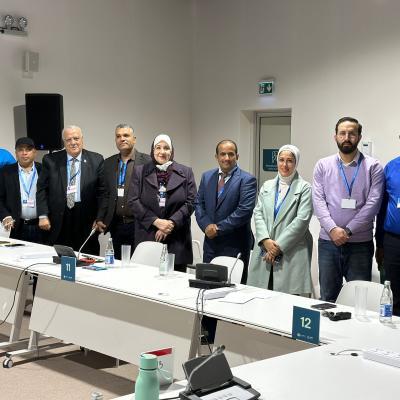
Lebanese journalist Muner Kabalan traced the evolution of media from traditional tools to modern platforms, underscoring the transformative impact of technological advancements and globalisation.
He stressed the need for media outlets and journalists to focus on environmental issues within the Arab world, advocating for greater attention to pollution, health risks, and their societal impacts.
kabalan
also called for showcasing initiatives by environmental experts and exposing those who harm the environment, including the role of Israeli occupation in damaging ecosystems in Lebanon and Palestine.
He emphasised the need for accountability and addressing local environmental challenges.
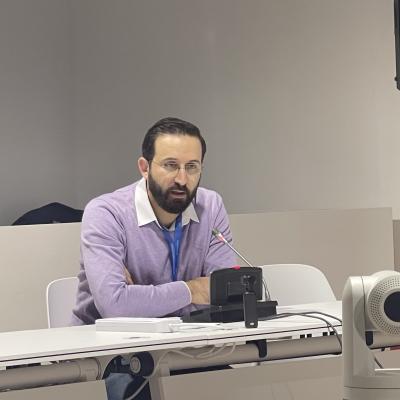
Simplifying Climate Narratives
Dr. Naamatullah Abdel Rahman from Al-Ahram underscored the responsibility of Arab media to simplify complex environmental issues for the public. She stressed the need to tailor messages to diverse audiences and use various platforms to reach communities effectively.
Dr. Abdel Rahman advocated for improved collaboration between traditional and modern media outlets across the Arab world, particularly in highlighting success stories in environmental initiatives. She suggested that such efforts could leave a positive legacy for future generations.
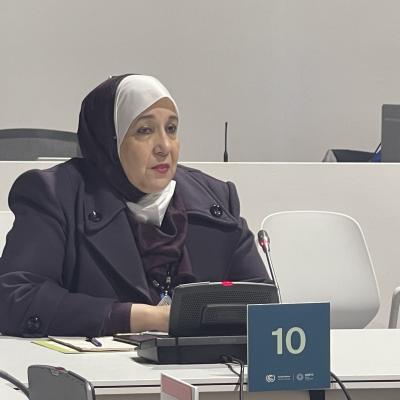
Training and Media Solutions
Rahma Diyaa, Director of the Climate School, outlined the importance of supporting journalists through training and investigative reporting focused on climate solutions. She highlighted the school's work in conferences, grants, and content production, addressing the lack of media coverage on climate issues despite their profound societal impact.
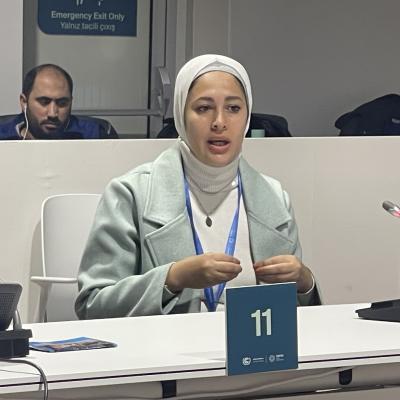
Diyaa noted the limited participation of Arab journalists in international climate conferences due to resource constraints. She called for greater cross-border media collaborations to amplify Arab voices on climate issues and encouraged adopting international best practices in environmental journalism.
Palestinian Perspective on Climate Action
Munjed Jadou, Director of the Palestine News Network (PNN), shared insights into the state of Arab and Palestinian media's engagement with climate change. Through a report, Jado highlighted the fragmented approach of Arab states in tackling climate issues and the insufficient attention paid to environmental challenges.
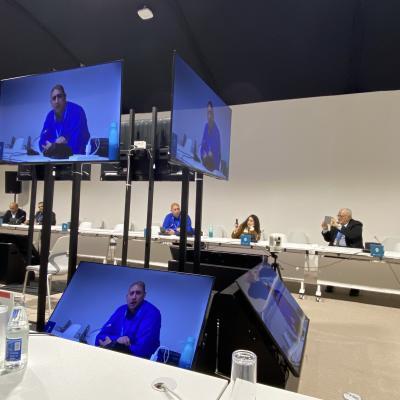
Jadou praised the organisers of the session and called for establishing an Arab media network to drive joint environmental journalism initiatives.
Key Recommendations
The session concluded with open discussions and calls for stronger cooperation among participants. Key recommendations included:
Urging governments to adopt policies that enhance environmental journalism and implement stricter environmental protection laws.
Promoting collaboration between experienced professionals, youth, and social media influencers.
Organising specialised media training to foster joint Arab media efforts on climate issues.
This report was produced as part of the Qarib programme, implemented by the French Media Development Agency (CFI) in partnership with and funded by the French Agency for International Development (AFD).
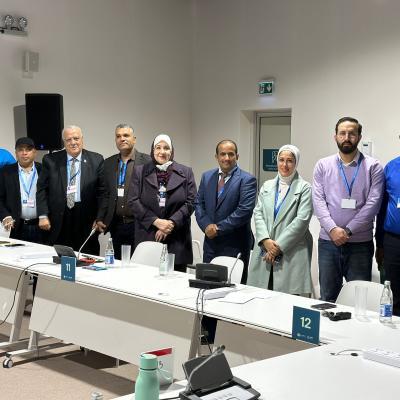
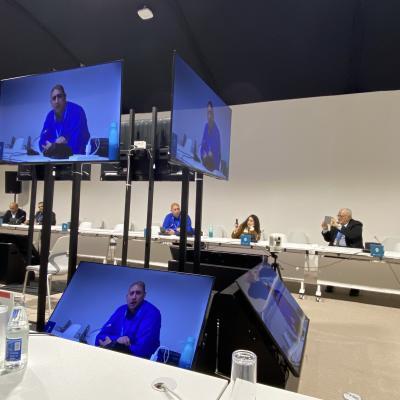
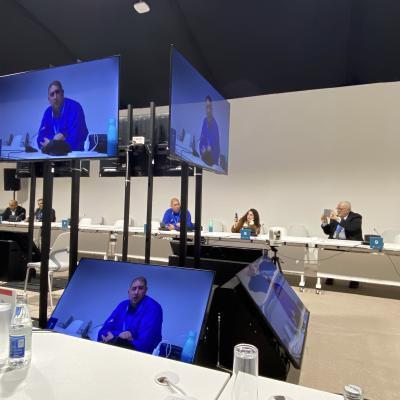
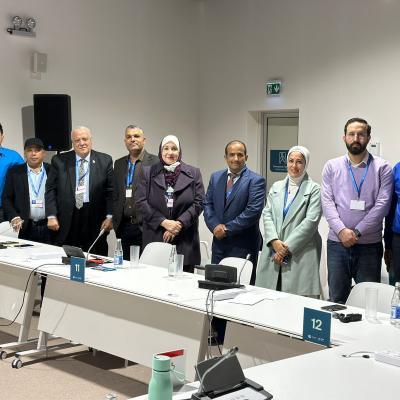
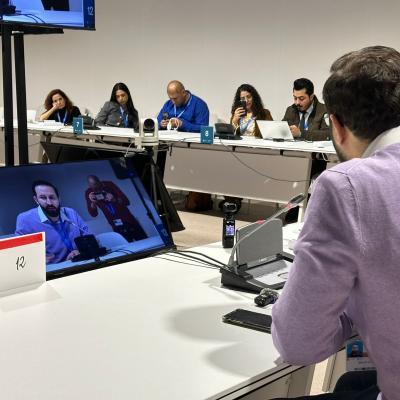
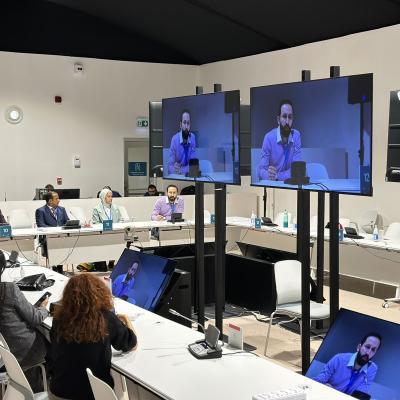
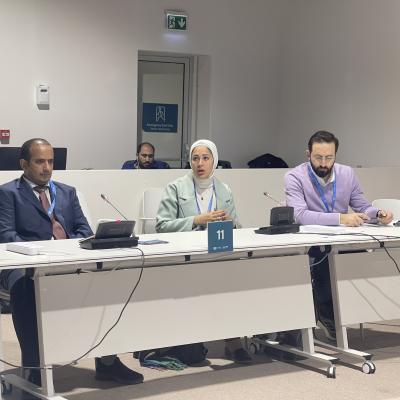
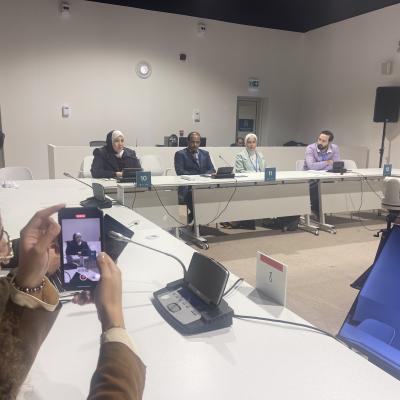
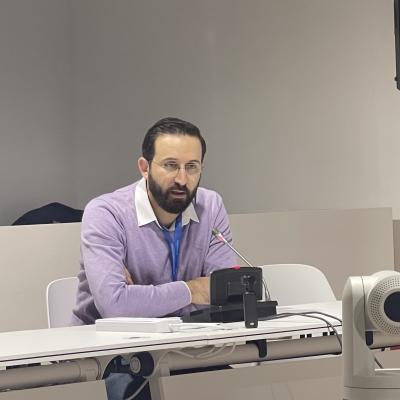
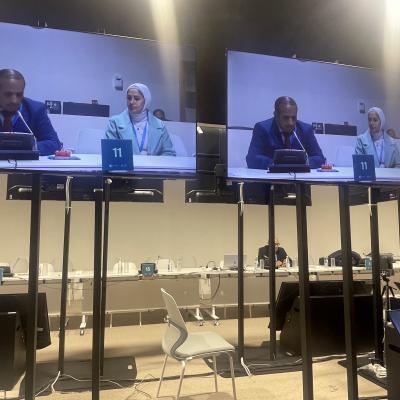
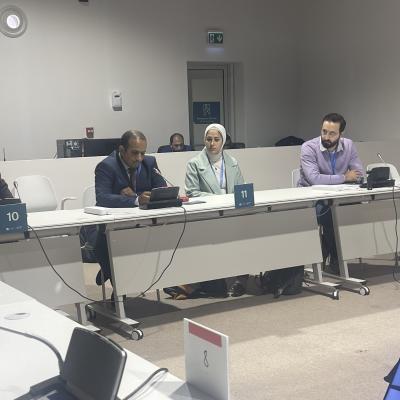
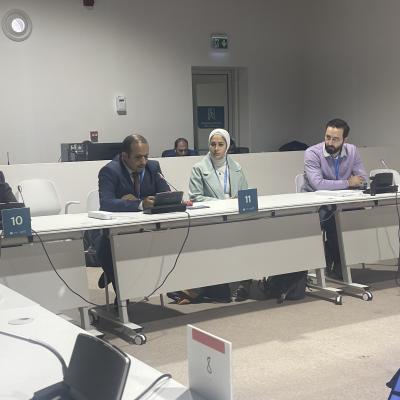
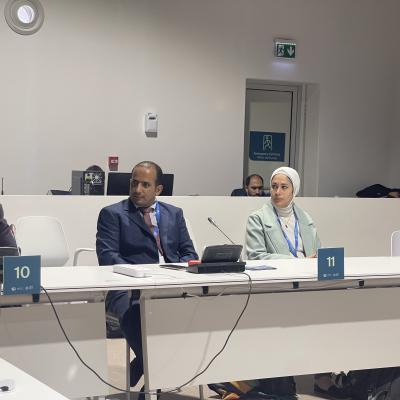
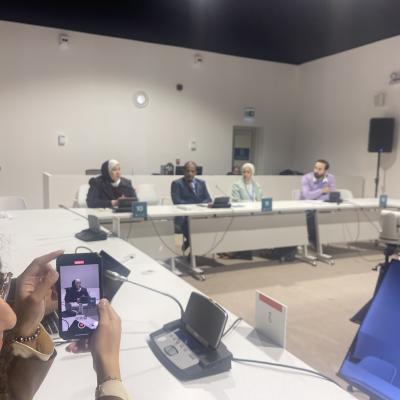
Legal Disclaimer:
MENAFN provides the
information “as is” without warranty of any kind. We do not accept
any responsibility or liability for the accuracy, content, images,
videos, licenses, completeness, legality, or reliability of the information
contained in this article. If you have any complaints or copyright
issues related to this article, kindly contact the provider above.

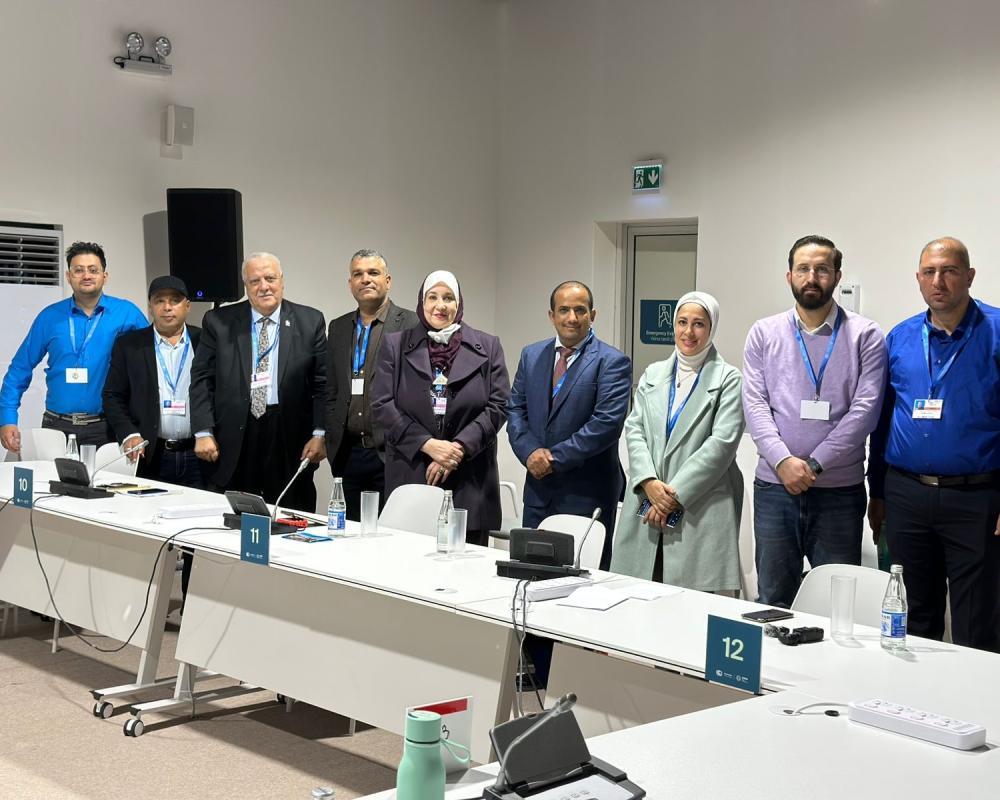
















Comments
No comment